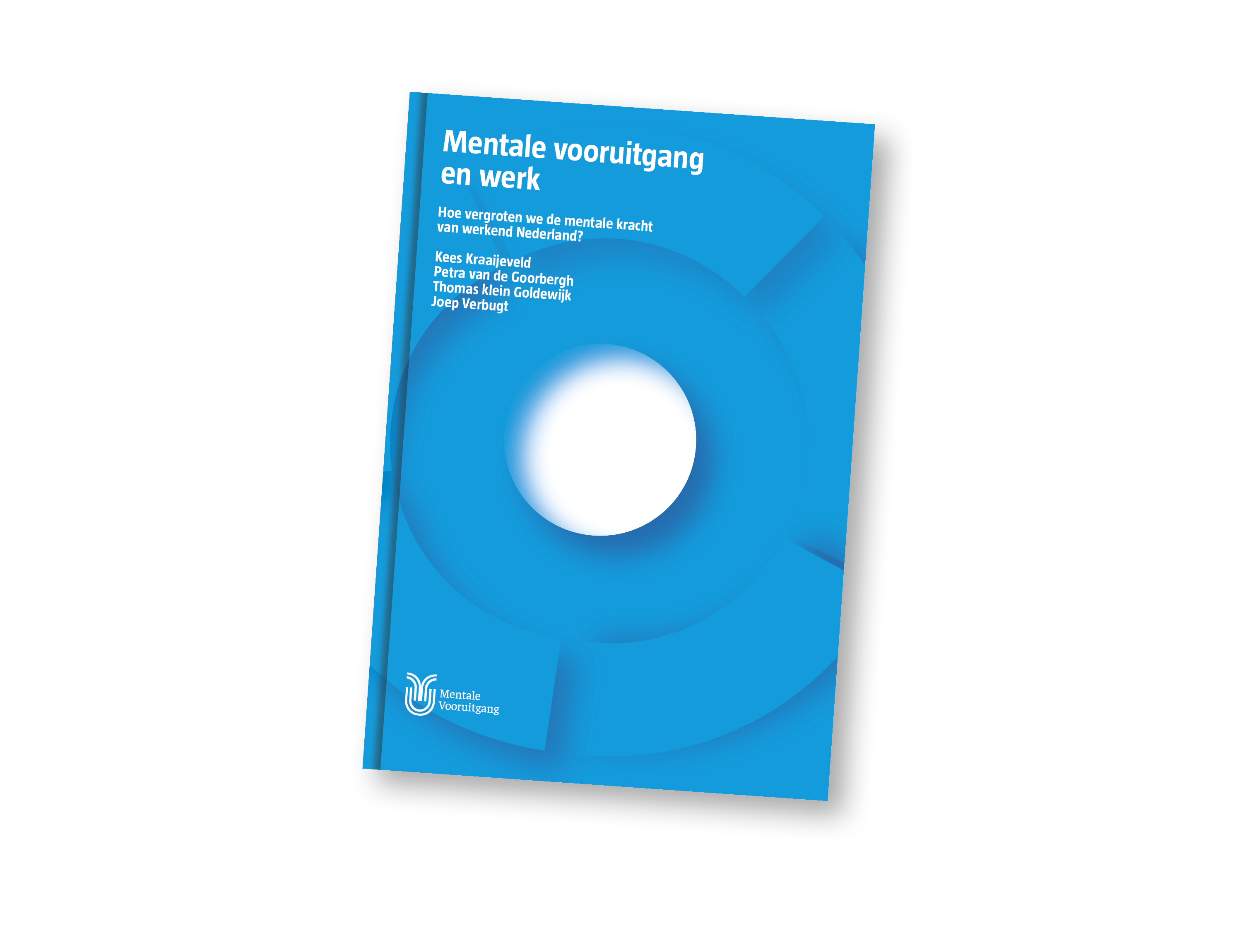The impact of workload on sustainable employability
In every organization, there is a certain workload that employees may experience. Some employees experience a high workload on a daily basis, while for others it is sporadic. This difference exists not only between different professions and companies, but can also occur within the same job and within the same organization. As a manager, you don't want this workload to spill over into work stress. What is the difference between the two and what can you do as a manager to prevent work pressure from spilling over into work stress?
Difference between work pressure and work stress
Before we can explain the difference between work pressure and work stress, let's look at the different types of work pressure. After all, it is not the same for every employee. The difference is often between feeling busy and being busy. An employee may be busy, having a full agenda with one appointment after another. However, this need not cause the employee to experience work pressure. It can also be that, regardless of the fullness of the agenda, an employee experiences work pressure. Often, an employee will then worry about something related to work in a negative way. This can manifest itself, for example, by:
- Sleeping badly;
- Not wanting to go to work;
- Or seek a lot of distractions.
Workload can be divided into 4 categories:
Quantitative workload
This is the workload experienced when an employee has to perform (too) much work in a (too) short period of time.
Qualitative workload
Qualitative work pressure exists when an employee must perform work with a (too) high level of difficulty.
Objective workload
Then it is about the workload that can be measured by others, such as number of hours worked and productivity. It is then about the actual and often measurable points of an employee's work.
Subjective workload
This is the extent to which the employee experiences workload. The latter variant is determined not only by the employee's perception, but also by the objective characteristics of the job.
Work Stress
A consequence of persistent work pressure is work stress. It is then often reflected in the "too" in all types of work pressure: too many hours, too many deadlines or too many appointments. This is because something is required of an employee that is beyond their reach and capacity.
Work-related stress has a negative effect on an employee's productivity, it lowers job satisfaction and, when stress persists for a long time, results in (long-term) absenteeism. This lowers the sustainable employability of an employee and therefore the organization.
Tips against excessive workload
As an employer, you play an important role in keeping the workload manageable. For every employee, the workload he or she experiences is different. Also, not everyone needs support in reducing their workload. Still, it is nice to know what you can do when the employee or you yourself notice that the workload is getting too high.
- Investigate the cause
An excessive perceived workload often does not arise spontaneously. So it may arise from a particular task, activity or demand that causes increased stress levels. Find out what causes it and see if you can do something about it. This does not mean that the employee no longer has to perform that work, but you may want to review and prioritize the task with your employee before the employee begins it.
- Keep structure
Knowing what needs to be done in a day and what may come your way can help in reducing your workload. Make a to-do list and put an end date or time on it so you don't get caught up with other tasks.
- Help with letting go
Does an employee experience a lot of work pressure from a task? Then it is possible that this will spill over to other tasks that give them energy, such as their private lives. Therefore, support the employee in letting go of the work pressure, so that this feeling does not take over during work and outside work.
Increase sustainable employability
Increase the sustainable employability of your employees, and therefore your organization with paraDIGMA groep. For more information about our approach and our labels, visit our website and contact us without obligation.

Come work for paraDIGMA groep and help us make a difference in the field of Sustainable Employability!
RELATED POSTS
In the aftermath of the global COVID-19 pandemic, the way we work has changed dramatically. The period forced organizations to quickly shift to new working models that they had previously easily [...]
It's really true, we live in a digital age. Everything you need within an instant at your fingertips. Not only privately, but also in the workplace, digitalization is growing stronger [...].
What is needed for Dutch people to become mentally empowered by their work, rather than mentally exhausted by it? How can we (non-)workers, employers and the whole field of [...]




